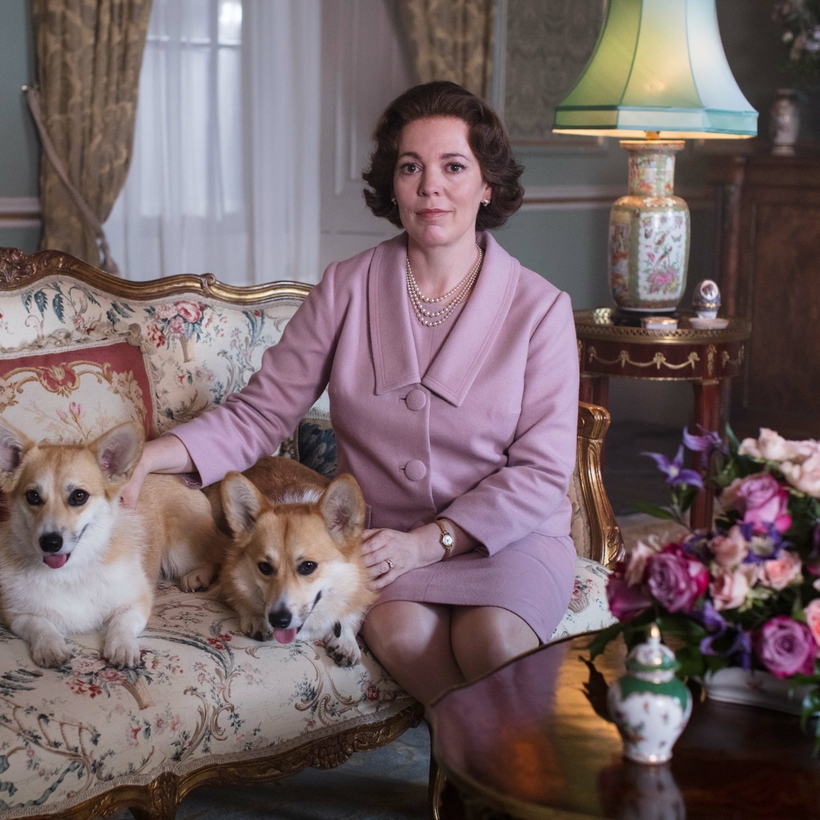It’s a lesson in the art of reading between the lines, where things left unsaid may signify more than mere words. In early September, The Guardian ran a long piece about the enormously popular Netflix series The Crown, whose third season airs in November. In the article, the show’s creator and writer, Peter Morgan, revealed that he has quarterly meetings with highly placed Buckingham Palace insiders, giving them a heads-up about coming story lines and a chance to “brace themselves slightly.”
Morgan named no names in the interview, leaving readers to decide whether he meant staff, courtiers, or members of the royal family when he identified his contacts only as “people who are very high-ranking and very active within the organization.”
Readers at Buckingham Palace were quick to draw their own conclusions. The Queen’s communications secretary, Donal McCabe, shot a letter to The Guardian published on September 13. “Your article may have the unfortunate consequence of leading your readers to believe that the television series The Crown is made with some sort of endorsement by the royal household, or an acceptance by the royal household that the drama is factually accurate…. The royal household is not complicit in interpretations made by the programme. The royal household has never agreed to vet or approve content, has not asked to know what topics will be included, and would never express a view as to the programme’s accuracy.”
Because Morgan’s comments had circulated widely in the British press, McCabe sent the same letter to The Times.
Regarding the royal family’s possible endorsement of Morgan’s storytelling, the letter had the precise, explicit tone of a legal document. Yet McCabe left one crucial point dangling. He never refuted Morgan’s claim of briefing certain royal representatives four times each year about upcoming plotlines.
Giving them a chance to “brace themselves slightly.”
Into this game of claim and counterclaim, another player added his two pence. The protocol adviser to the show, David Rankin-Hunt, told The Guardian that although the Queen’s viewing habits are private, he’s certain that other members of the royal family are fans. “Very senior members of the royal household have said to me, ‘Oh, we love The Crown.’” Rankin-Hunt shared his own take on the royal subtext: “If there were some indication from on high that it was some kind of scandalous production, that might be reflected in their view, don’t you think?”
Morgan has never asserted that the series is strictly accurate, although he employs five researchers to chase down every detail they can. He maintains that the relationship “between history, narrative, fact and fiction [is] so much more fluid and unreliable, but also more interesting, than anyone imagines.” If she really is watching, the Queen will surely be interested to see her Windsor blue eyes (courtesy of Claire Foy) change to brown as Olivia Colman takes the throne. Her Majesty may enjoy such surprises in this iteration of her life as much as her subjects do. Or she may say, as Queen Victoria never did, “We are not amused.” —Robin Olson

